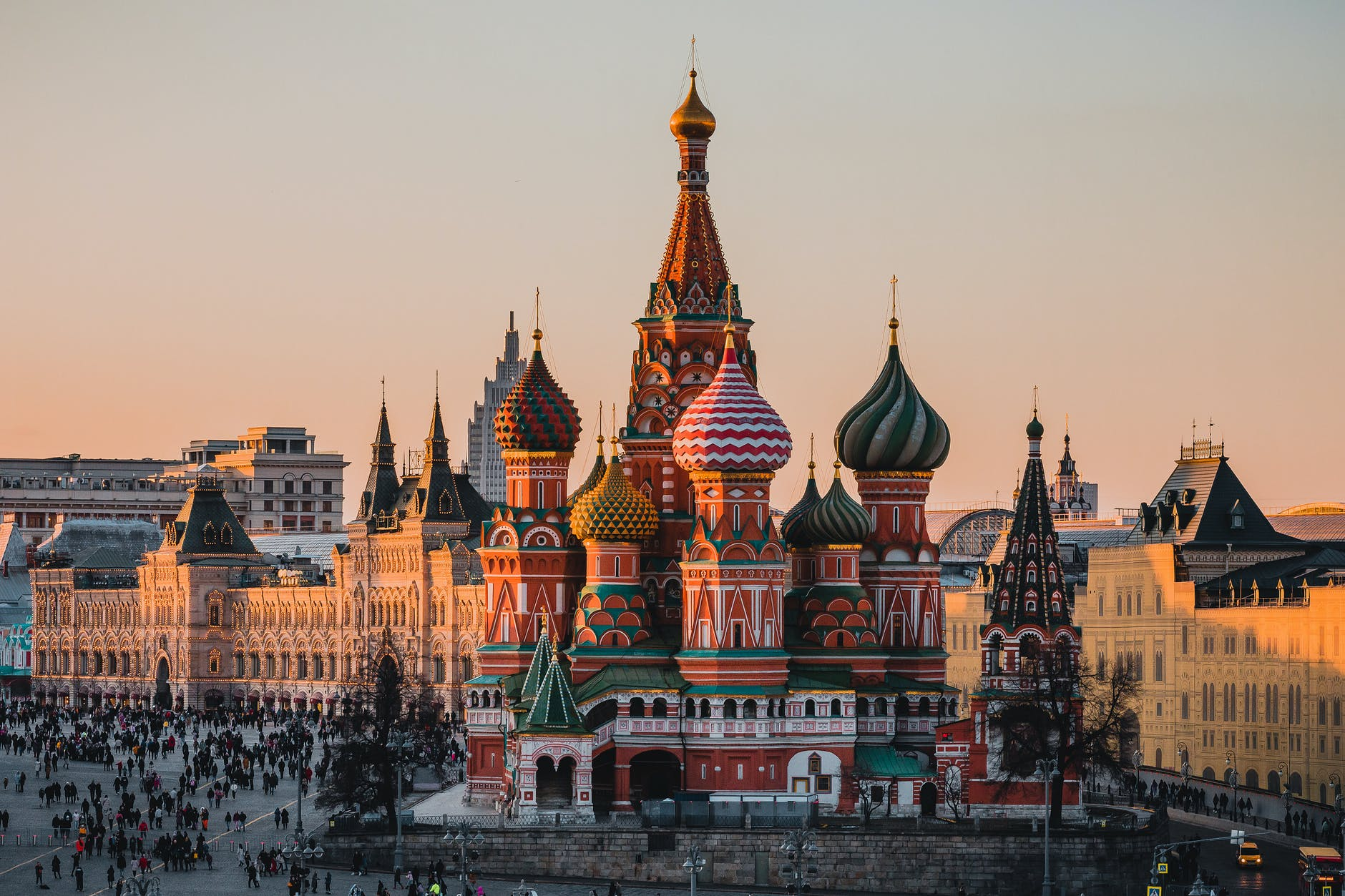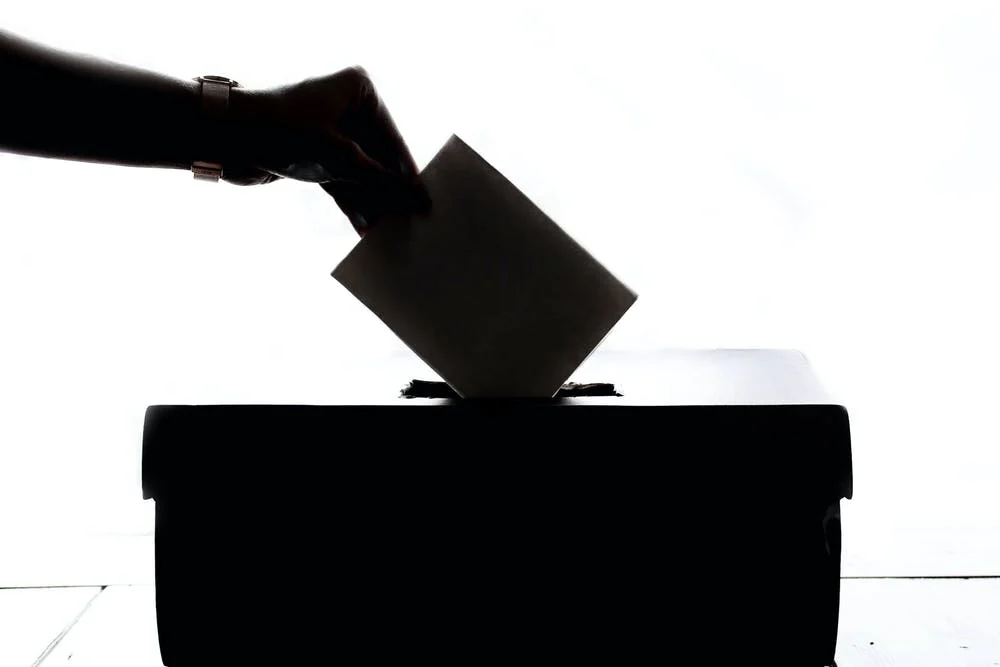What the Ukraine War Says About Latin America
The invasion shows the non-aligned and increasingly undemocratic nature of the region
March 20, 2022
Amongst Latin American governments, there is little consensus about how to approach Russia’s aggression in Ukraine. For the most part, pre-existing interests and alliances reflect the response of each government. The alignment in the conflict is also proof that most countries in the region — and especially the largest and most politically and economically influential — are not falling neatly into bifurcated camps like during the Cold War and reflect Latin American nations’ increasing independence in international affairs. Moreover, and perhaps most concerningly, the equivocal stances by some of the region’s largest democracies calls into question their own commitments to democracy.
Squarely on the Russian side lie autocratic Cuba, Nicaragua and Venezuela. Unsurprisingly, these three have expressed support for Russia’s invasion and have blamed NATO for provoking the conflict. For their human rights violations and crackdown on dissent, all three nations are under sanctions of some form from the United States and the European Union. Russia always turns a blind eye to issues of human rights and democracy and is happy to use autocratic regimes to gain a regional foothold in the backyard of the United States. Additionally, Russia extracts natural resources and invests significantly in these nations.
Over the last few years Russia has invested significantly in extracting from Venezuela’s diamond and gold mines. Additionally, Russia has brought expertise and investment money to revive Venezuela’s petroleum industry, in decline in the 2000s and 2010s due to the mismanagement of PDVSA (the national oil company), capital flight and the withdrawal of oil multinationals. Russia is also supplying significant amounts of military weaponry to Venezuela. After Joe Biden banned Russian oil imports to the United States in early March 2022, however, the United States is reengaging with Venezuela in an effort to bring their oil back into the U.S. market. It remains to be seen whether Venezuela will accept an opportunity to engage with Russia’s adversary the United States and to what extent that engagement could hurt the Russia-Venezuela relationship.

In Nicaragua, the story is similar. Nicaraguan leader Daniel Ortega has grown increasingly autocratic and repressive against dissent, prompting European and U.S. sanctions thus forcing him to rely on nations like Russia for business. Russian businesses have invested in factories, helped build hydroelectric power plants and are assisting in developing Nicaragua’s mining industry. Like Venezuela, Nicaragua also receives significant arms shipments from Russia.
The last country unequivocally in Russia’s camp is Cuba. Russia is providing humanitarian aid to the island hit hard by an economic crisis. Russia is also a significant trading partner of Cuba, which has little to no economic ties with the United States due to the 60 plus year embargo. Like Venezuela and Nicaragua, Cuba also receives significant military hardware from Russia.
As of early 2022 Russia was discussing opening military bases in Venezuela and Cuba. This predictably provoked the ire of the United States, who historically views Latin America as their sphere of influence. The chance to encroach on the United States, of course, is also a major reason Russia has interests in the region.

After Venezuela, Nicaragua and Cuba, the Russian relationship with Latin America becomes more complicated. In Brazil, there is a disconnect between the professional diplomatic community and President Jaír Bolsonaro. Professional Brazilian diplomats have denounced Russia’s actions at the United Nations while Bolsonaro initially attempted to claim Brazil would stay neutral. The conflicting messaging shows a gap between the president — who is an underdog in this year’s election — and the permanent diplomats. Bolsonaro, still ultimately in charge, has refused to sanction Russia. Brazil is a major importer of Russian fertilizer for its massive agriculture industry and sanctions against Russia would inflict harm on the Brazilian economy in an election year. Similar to Brazil, Mexico and Argentina also voted to condemn the Russian invasion at the United Nations but have not followed with sanctions. Argentina and Mexico were also early recipients of the Russian Sputnik vaccine well before the United States was sending shots of Moderna abroad which has not been forgotten by these nations during the current Ukraine crisis.
On the other end, Colombia has been outspoken in their support of NATO and condemnation of Russia. A traditional U.S. ally, Colombia’s support may change after their presidential election this year where the likely winner is more skeptical of the current U.S.-Colombian relationship.
China is another reason that Latin America no longer fits nicely into a bipolar world. China is investing heavily in resource extraction throughout the region. While China and Russia are aligned on many issues, it is far from a united military and political alliance. Countries like Mexico and Argentina have solid bilateral relations with China, Russia, and the United States
The alignment — or in many cases non-alignment — of many Latin American countries is very different from their Cold War positions. With a few exceptions, most countries were squarely behind Washington during the Cold War (if for no other reason than many were violently forced to). The more nuanced stances by many nations in the region — and the possibility of shifts this year depending on elections and other factors — show the region and the world is no longer unipolar or bipolar but multipolar. The nations of the region are showing they think for themselves and will play off competing sides for the best deal.

The lack of a solid commitment to democratic Ukraine against autocratic Russia, however, could be seen as a sign that many Latin American nations are less committed to democracy. As noted, Venezuela and Nicaragua have slid from democracy to autocracy in the last two decades while Cuba has been an autocracy for decades now. While Brazil and Mexico are still democracies (albeit corrupt ones), their presidents have acted undemocratically as they both attack the press and Bolsonaro casts doubt about elections. The equivocal stance of Brazil, Mexico and Argentina is contrasted with the non-Western democracies like South Korea and Japan which have firmly aligned with Ukraine as they sanction Russia. If the war in Ukraine is a conflict between the democratic and autocratic worlds, the absence of most Latin American nations firmly on the democratic side leads to inevitable questions about the political direction of much of the region.
In both world wars, Latin American nations played a peripheral role at best. During the Cold War, however, the region was a proxy war battleground between the Soviet Union and the United States in part because the United States was extremely sensitive to any communist encroachment in what it historically sees as its “backyard”. Today, thanks to increasing global competition, waning American hegemony in the region, the possibility of military conflict between international powers, weakening democracies, Latin America’s proximity to the United States and its richness in resources the region may play a significant role in the great power competitions of the 21st century.
